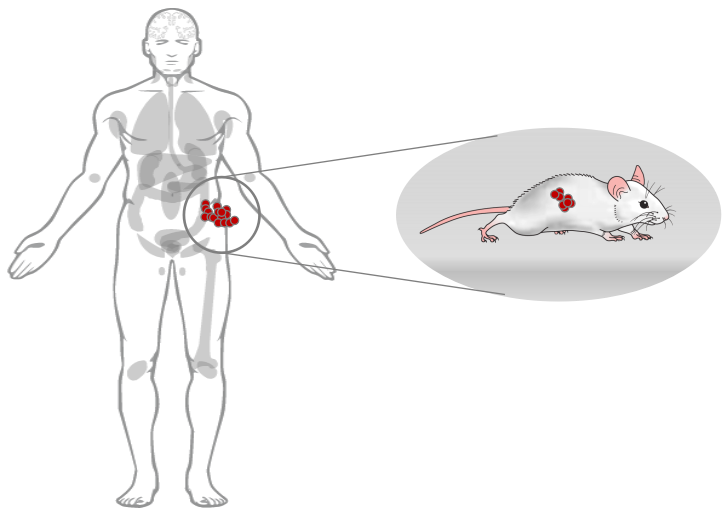Forced degradation (Stress Testing) refers to subjecting of a pharmaceutical compound under extreme chemical and environmental conditions to determine the level of process decomposition and degradation kinetics of the product, and to identify potential degradation products. Related studies about forced degradation have been used to facilitate the development of analytical methods to better understand the stability of active pharmaceutical ingredients (APIs) and pharmaceutical products (DP). In addition to developing stability indicator analysis methods, forced degradation studies can also help promote drug development, such as formulation development, storage, transportation processes, manufacturing, and packaging. Moreover, knowledge of chemical behavior can be used to improve pharmaceutical products.
Creative Biolabs product testing can help you perform forced degradation studies, provide information on possible degradation pathways, and demonstrate the stability and efficacy of the analytical procedures applied.
For forced degradation studies, Creative Biolabs product testing standards include alkaline and acidic
hydrolysis, photolysis, oxidation, humidity and temperature stress. Additional conditions can be added upon
request or after evaluating the first batch of results. All information is recorded in protocols and reports
to ensure a verifiable indication of the stability.
Forced Degradation Services
Due to the structural diversity of the drug molecules, it seems impossible to determine a set of general conditions for forced degradation studies. Some conditions are mainly used for forced degradation studies as shown in the table below. All of the conditions listed in this table are representative examples. The conditions must be defined or optimized for a given molecule, depending on the situation.
|
Degradation Type
|
Experimental conditions
|
Storage Conditions
|
Sampling Time (days)
|
|
Hydrolysis control API (no acid or base)
|
0.1M HCl
0.1 M NaOH
Acid control (no API)
Base control (no API)
pH: 2,4,6,8 spectrometry (ESI-MS)
|
40˚C, 60˚C
40˚C, 60˚C
40˚C, 60˚C
40˚C, 60˚C
40˚C, 60˚C
|
1,3,5
1,3,5
1,3,5
1,3,5
1,3,5
1,3,5
|
|
Oxidation
|
3% H2O2
Peroxide control
Azobisisobutyronitrile (AIBN)
AIBN control
|
25˚C, 60˚C
25˚C, 60˚C
25˚C, 60˚C
25˚C, 60˚C
|
1,3,5
1,3,5
1,3,5
1,3,5
|
|
Photolytic
|
Light 1 × ICH
Light 3 × ICH
Light 3 × ICH
|
NA
NA
NA
|
1,3,5
1,3,5
1,3,5
|
|
Thermal heat chamber
|
Heat chamber
Heat chamber
Heat chamber
|
60˚C
60˚C/75% RH
60˚C
60˚C/75% RH
|
1,3,5
1,3,5
1,3,5
1,3,5
|
Feel free to contact us for project quotations and more detailed information.



 Download our brochure
Download our brochure